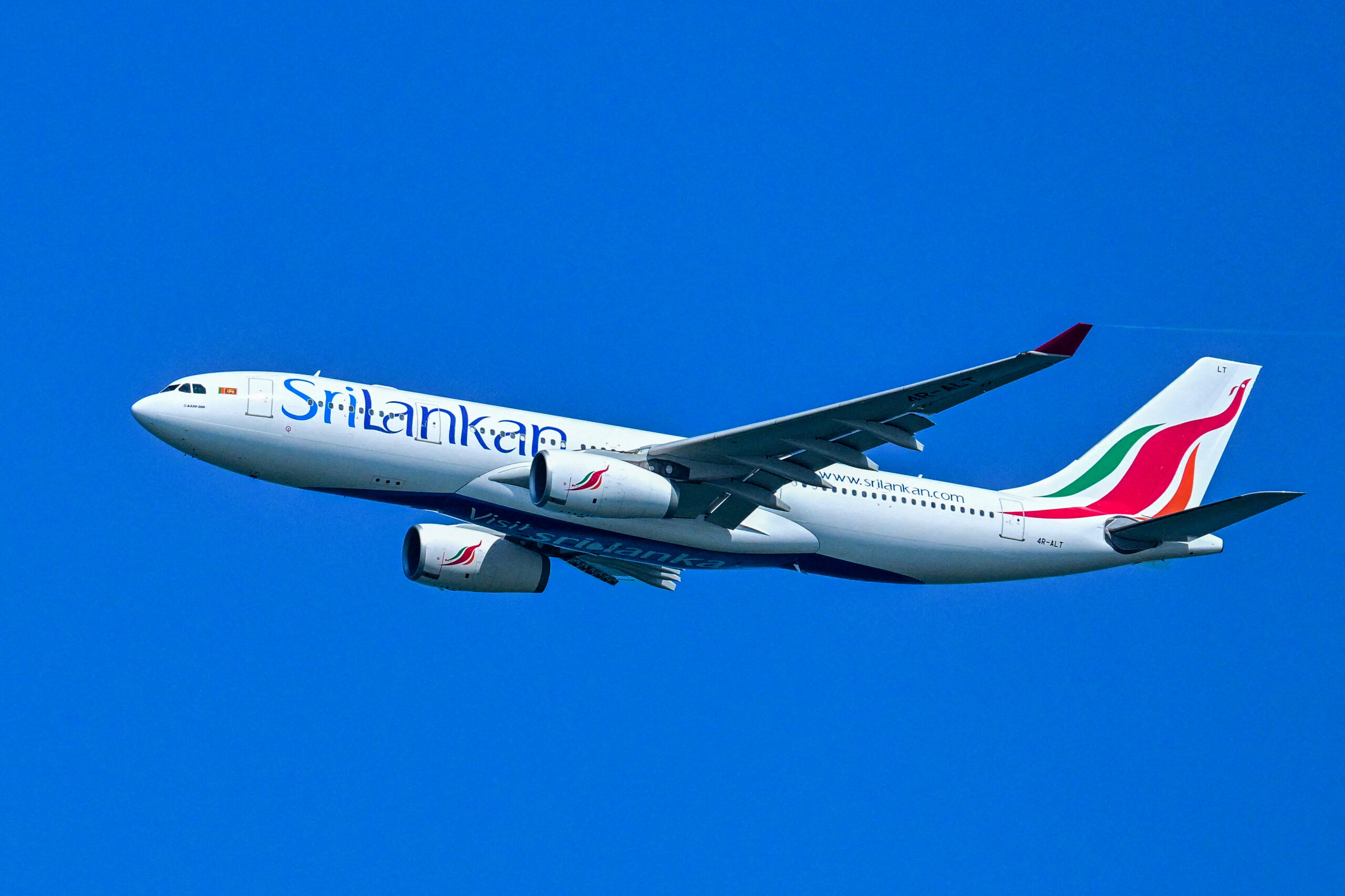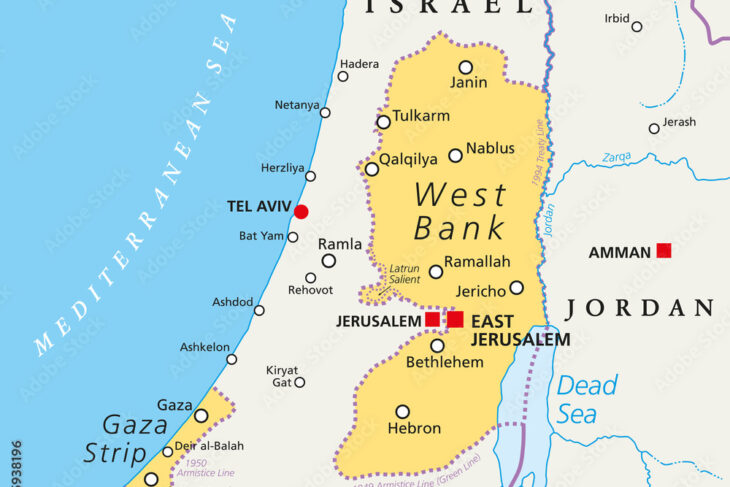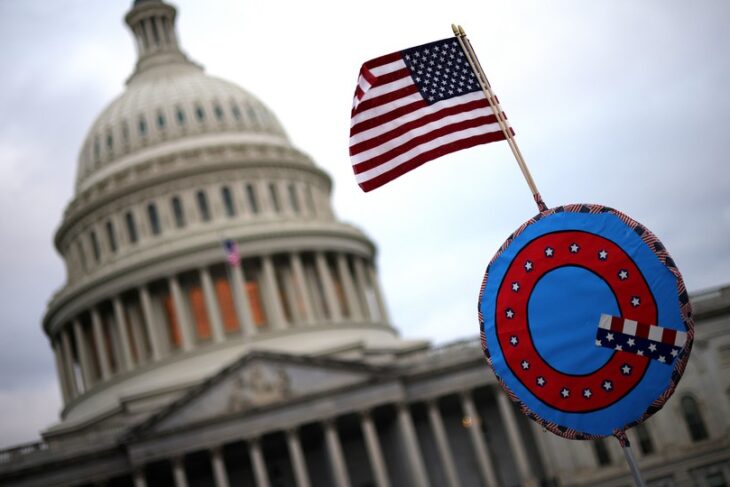
Thanks to Professor Damith Wickramanayake (Computer Science UTech, Jamaica) and his wife, Sharlene, I just spent a delightful, entertaining, and educational three weeks in Sri Lanka.
Like Jamaica, Sri Lanka is an island nation and a former British colony (formerly known as Ceylon). It looks a lot like Jamaica, too, only much larger, lusher, more populated, and cleaner.
After travelling over much of the island on well-maintained, mostly pothole-free roads, using their cheap, reliable public transportation system the question that kept popping in my head was how come we in Jamaica cannot get these basic things right?
Why is it so hard for us to even keep our tiny island clean?
It has to do with a lack of respect by our politicians for the people. Keeping the environment clean for its citizens is a basic necessity!
Sri Lanka has 22 million people and is about five times the size of Jamaica, yet I only saw one place as dirty as most places in Jamaica. That was at the bus terminus in Anbalagoda, near Galle, where both local and city-to-city buses pick up and drop off their passengers.
You know how they keep their island clean? Simple. They pick up the refuse constantly, day and night, for on almost every road you travel you run into vehicles working, be they small garbage trucks, tractor-drawn carts, and even three-wheel-drawn carts, all picking up and hauling away garbage.
So, if a third world country with seven times our population and about five times as much rainfall as we get can do that, what’s stopping us?
And talking about rainfall, their water does not settle on the roads and create potholes, so why does ours?
Sheer political corruption! If the contractors we employed were professional instead of being mainly political hacks, they would be putting in proper drainage and building solid roads so we wouldn’t be throwing away the billions we do and getting nothing but potholes in return.
The other basic thing I mentioned was how they move their 22 million people effectively, cheaply, and quickly. The transportation sector is highly subsidized to make sure their low-paid masses can get around easily and on time.
They use a combination of rail, private buses, cars, three-wheelers, bikes, public buses, taxis, ride-share and you don’t wait for hours to move from any point to where you are going.
They even have their own airline too and the service is excellent!
I have used them all, and the prices on the ground are ridiculously low.
Sri Lanka is not a wealthy country with mineral resources like bauxite. Its economy earns from manufacturing, remittances, exports (mainly tea and rubber), agriculture, and tourism. Tourist arrivals are not even as high as ours, as in 2024 it had just over two million arrivals, whereas we had over three million.
So, where is all our money going? Why can’t we see it in basics like good roads, proper transport, and a clean environment?
I have news for you, though. It wasn’t always like this, for in 2022, being pushed to the brink because of mismanagement and political corruption, the people rose up and took action.
At that time, the GDP was revised down to a -7.3% growth rate, according to the Central Bank of Sri Lanka. And inflation had climbed to 70% in what was described as a debt-ridden nation.
The people, naturally, blamed their political leader, President Gotabaya, and his Cabinet for their economic malaise, took to the streets, and literally chased him out of town.
An interim government was formed, and in 2024 President Dissanayake, who campaigned on an anti-corruption, pro-poor platform, became president.
In 2024, Sri Lanka’s GDP grew by 5.0%, marking a strong recovery from the 2022 crisis, according to Wikipedia.
Sure, there are problems there as salaries are extremely low and poverty is pervasive. But things are extremely cheap.
I had been alerted by my generous host, Professor Damith, that things were extremely reasonable there, but had no idea how cheap they were until I got here!
For example, I paid about J$50 for local bus fare on a government bus. Less than J$500 on a four-hour train trip. J$375 for a solid phone charge cord, 30 cents for a cup of coffee, and on and on.
It’s surreal.
Cultural differences
Of course, things are not all hunky dory for despite Sri Lanka having had the first female prime minister in the world, (Sirimavo Bandaranaike, the international airport is named in her honour), I find women in my age group and even younger reticent about being treated equally in the domestic environment.
Shrinking violets, to put it mildly!
However, I understand the younger generation is having none of that, so it’s changing rapidly and the escalating increase in the divorce rate seems to be bearing that out! (From 5% to 50% in the last few years, according to Professor Damith.)
Another big difference is that Sri Lankans are big organ donors. According to a senior surgeon with whom I was speaking, this is because Buddhists have a giving culture. So not only are they quick to donate some organs when they are alive, but a vast number have living wills authorizing their organs to be harvested when they die. He informed me that each year they reap so many eyes, that it’s Pakistanis who benefit most, as there is no need for so many in Sri Lanka!
I am still a bit puzzled about a characteristic I observed there, though, for in general, they appear to be quiet and peaceful people in their interactions with one another. In other words, when I travelled on crowded buses or trains, all was quiet. No boisterous shouting/cursing or loud music like at home.
Yet they do not seem to have a problem with violent upheavals!
So, between 1983 and 2009, they had a long, brutal civil war, which I am told left over 130,000 people dead in its wake. And during the political upheaval in 2022, when the president was literally thrown out of office, many people were killed and wounded.
Could this be a perfect example of still waters running deep?




“Still waters running deep”, not sure! Something is missing from the ground level up!
Moreso, at the human level…the way one is brought up! Consistency, honesty is vital! Where do we go from here!?